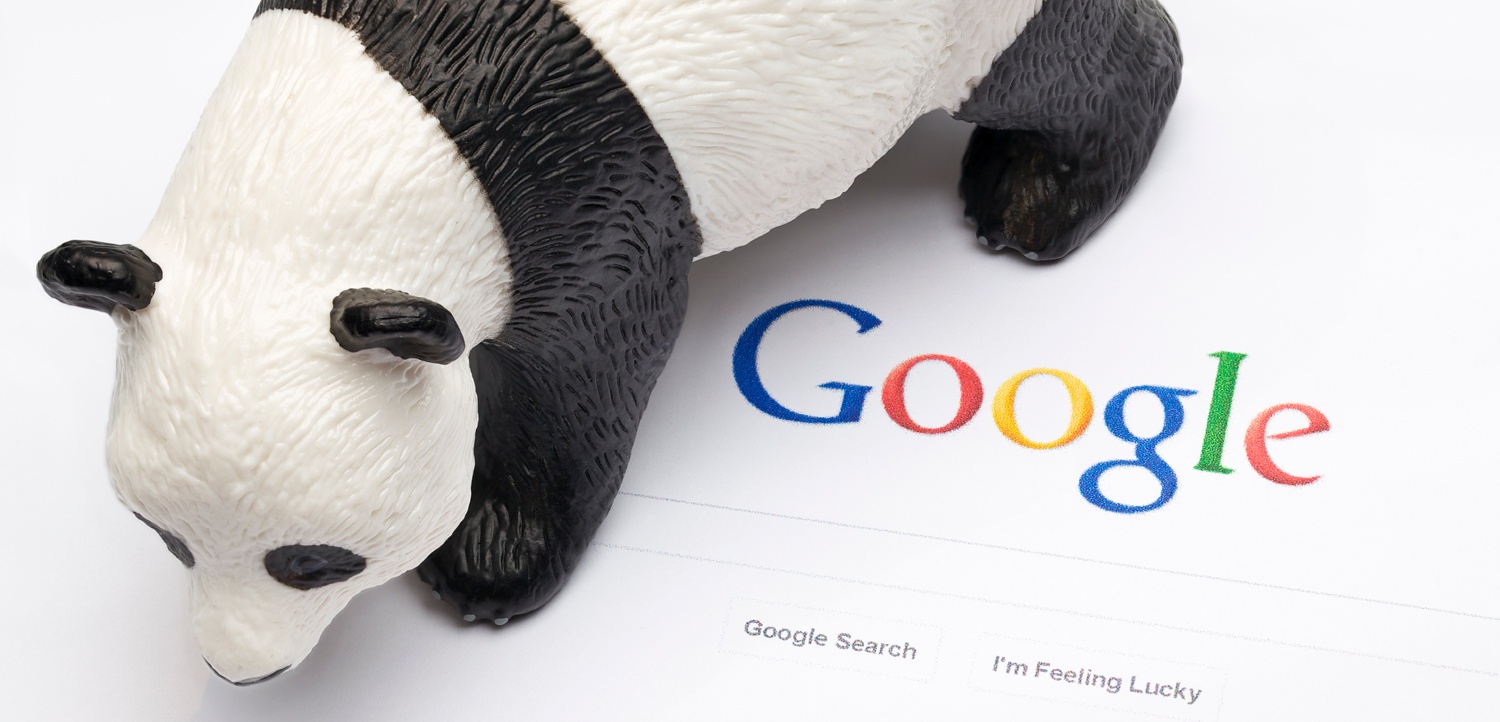
Google inches forward as the war on SPAM continues to unfold. This time the target is duplicate online content and Google is taking a hard stance with detrimental consequences to any site that contains duplicate content. This brings up the question, what is duplicate content?
According to the Google Webmaster Tool guidelines, updated 3/20/2013, duplicate content is content within a website or across multiples websites that either completely matches other content or is considerably similar. In some cases, content is deliberately duplicated across websites in order to manipulate search engine results or drive more traffic to a website. The Google Panda update was designed to eliminate duplicate content that exists in the search engine giant's search results. Discussion forums that produce stripped down mobile versions of the forum are not considered duplicated content. Store items, products, etc. that are linked across multiple yet distinct URLs are also not considered duplicate content. Additionally, printer-friendly pages are not considered duplicate content. All other content is suspect.
The End Of Duplicate Content
According to Matt Cutts, Google’s head of search spam, Panda will no longer be a manual monthly update. Panda is a project Google runs to find duplicate content across the web and remove it from their search results. It will now become a constant part of Google’s real-time algorithm. This means that Panda’s impact on your website may be harder to detect.
Cutts explains, 'Rather than having some huge change that happens on a given day, you’re more likely in the future to see Panda deployed gradually as we’re rebuilding the index, so you’re less likely to see these large scale sorts of changes.' First released in February 2011, Panda is Google’s algorithm aimed at surfacing high-quality sites higher in search results. For more information about the history of Panda, read this Search Engine Land article.
Consequently, there are several upsides to this latest release. The effect of Panda on statistical data will likely be gradual instead of overwhelmingly sudden. This is due to how Panda goes about re-indexing sites. Keep in mind that sites are indexed via their content, and that content is going to continue to play a large part in how a site is viewed in terms of quality. This benefits websites that are doing things properly because they will be rewarded with higher search rankings. Google has taken notice of the complains from legitimate sites who are victims of copy-cat domains and spun content. Quality content that is original is now a critical step to success. The penalty for duplicate content is severe and may not be correctable. Leap Clixx will continue to stay ahead of the curve and keep you in the know about how changes in search engine marketing may affect your website.









